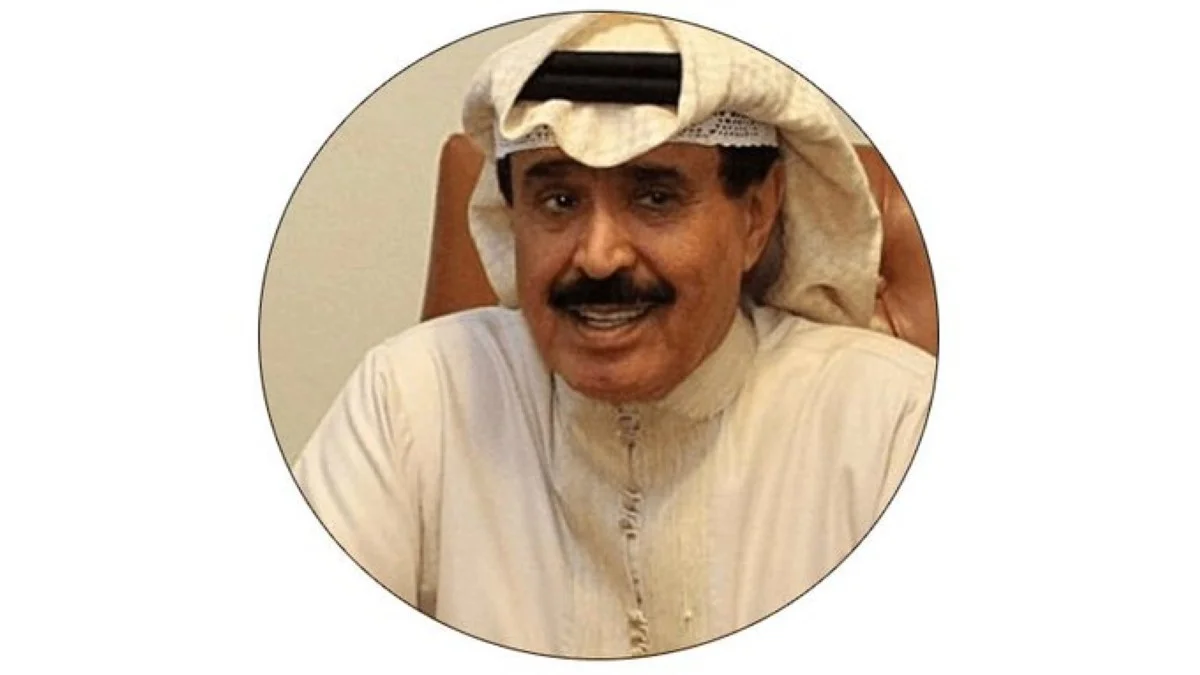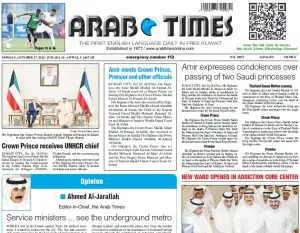26/10/2025
26/10/2025
While I was in the French capital, Paris, for medical treatment, I wanted to rediscover the city. The fast and comfortable metro proved to be the best mode of transportation. It is used daily by thousands to travel within the city or to and from it, without disruption. This and other transportation systems help people reach work on time and avoid congestion. They are not state-owned but operated by private companies under long-term contracts, and they pay fees to the government.
Some of these contracts extend beyond 75 years and are automatically renewed without interruption. At times, one might imagine that all of Paris moves underground, given the vast metro network. Part of this network is managed by Artificial Intelligence (AI). In fact, it is now rare to see a train operated by a human driver. This fine-tuning of a large city like Paris facilitates many tasks and helps reduce costs.
The metro serves as a means of transporting people, while the train network is primarily used for transporting goods. Other forms of public transportation are also managed efficiently, saving time and generating revenue for the state. This integrated system benefits everyone. I often compare what we have in Kuwait to what exists in France, and in most European countries, where most people use public transportation. In Kuwait, we continue to rely heavily on private cars for individual transportation, which wastes both time and money due to the lack of a shared-benefit culture that serves all.
I hope that the service ministers, including the Ministers of Public Works, Finance, Municipality, Commerce and Industry, and others, will learn from such experiences when they travel abroad. Perhaps then they will understand where to begin and will grasp the true meaning of sustainable development through projects that can expand and evolve without the need for demolition and reconstruction.
All citizens indeed wish to see their country advance through realistic and achievable plans, free from the burden of restrictive conditions or the dominance of local and foreign investors through the withdrawal of industrial, agricultural, and service plots. People want real development that they can witness with their own eyes, not just promises echoed in ministerial statements.
I hope the relevant ministers will learn from the experiences of other countries, where governments invest in private sector companies to boost production and facilitate business, rather than hindering progress and creating unnecessary obstacles. The population of Paris is about two million, while the surrounding areas are home to around 12 million people who move about with ease. Doesn’t this serve as a practical model for managing a country with a population of less than five million? Every year in Kuwait, especially at the start of the academic year, roads and streets become heavily congested. Each day, countless hours are lost in traffic, while other countries turn these hours into productive time.
The main reason behind this recurring problem is the absence of a clear, long-term strategy. Instead, we rely on hasty, short-term decisions that only restrict people’s movement and obstruct businesses and projects. To overcome this problem, we might need 1,500 years to become like Paris, London, Madrid, and Rome. We may even need as much time to reach the level of some Gulf countries that have surpassed us by years in this regard, the most notable examples being the Dubai Metro and Saudi Arabia’s highspeed rail network.



